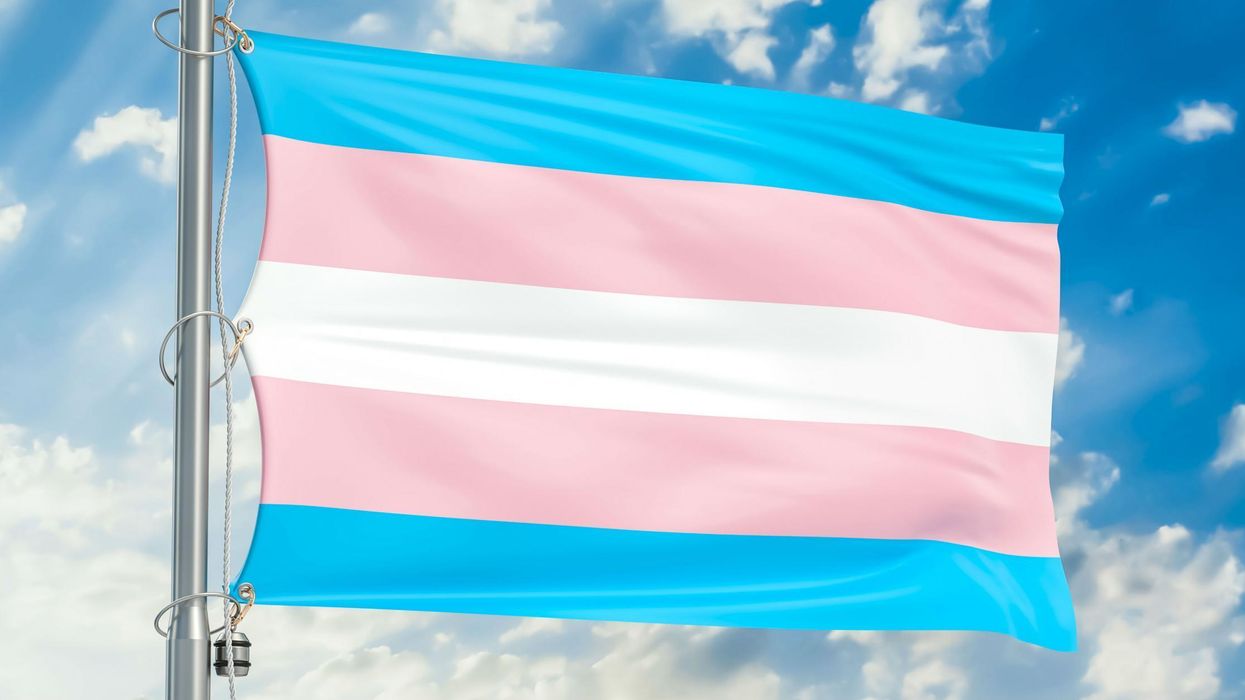News
Jake Hall
Jun 18, 2018
According to a recent study of 1,000 respondents, one in three employers admit that they would be ‘less likely’ to hire a transgender candidate.
A further 47 per cent admitted they would be unsure about hiring a potential trans employee, whereas an enormous 88 per cent claimed they have no trans-inclusive workplace policy.
The study, conducted by employment law firm Crossland Employment Solicitors, was conceived to find out whether or not employers understand the current laws protecting trans people. Incidentally, the Equalities Act 2010 only safeguards the rights of trans employees if they propose to undergo, are undergoing or have undergone medical gender-reassignment treatment – which, of course, not all trans people choose to (or can afford to) do.
77 per cent of employers gave incorrect answers when asked about existing legislation, with one in three thinking all trans people were legally protected against discrimination. Only 9 per cent stated that the scope of this current law should be expanded.
“Unfortunately, these findings are not shocking,” says Louis Stafford, Trans Programme Coordinator at LGBT Foundation.
[These statistics] reflect the experiences and testimonies of our service users and the communities we work with, and we welcome this important research.
Everyday transphobia is still a real issue in workplaces across the UK, and we have a lot of work to do before trans people can achieve equality in the workplace.
The findings also show that the bulk of employers don’t have any protections in place to accommodate for trans workers, with only 12 per cent taking a zero-tolerance approach to transphobic bullying and harassment.
Incidentally, Stonewall's recent Work Report showed that 12 per cent of trans respondents had been physically attacked by either customers or colleagues because of their gender identity. 33 per cent reported verbal abuse.
Susie Green, CEO of leading LGBT+ charity Mermaids, states that these findings highlight the need for strong policies around equality and diversity, as well as 'sensitivity and awareness-raising training.'
Transgender people suffer daily from discrimination and prejudice for simply being.
This is the last bastion of acceptable prejudice, with sound bites ridiculing trans people still, unfortunately, commonplace.
Targeting the vulnerable from a position of privilege is shameful, and has to stop.
Like Stafford, she claims that the statistics cited correlate with the anecdotal stories she hears when working with trans and gender non-conforming victims of bullying and abuse.
Many opt to live in stealth, not disclosing their transgender status for fear that it will impact on their ability to find work.
Strong policies around equality and diversity are needed, alongside sensitivity and awareness raising training within companies and organisations. Transgender people suffer daily from discrimination and prejudice for simply being. This is the last bastion of acceptable prejudice with sound bites ridiculing trans people still, unfortunately, common place. Targeting the vulnerable from a position of privilege is shameful, and has to stop.
As an author, advocate and former teacher, Juno Roche - who this year released her debut book, 'Queer Sex' - knows that visibility can come with abuse. Now, she uses her own experience to mentor others forced to struggle through daily harassment in hostile workplace environments.
I have been mentoring a couple of trans people recently, all of whom have been really struggling with huge issues in their respective workplaces.
These issues could be partially solved by simple, meaningful and inclusive best practice aims and policy.
Roche is quick to highlight that, despite the rising visibility of some trans authors, activists and television personalities, there's still a way to go:
Until the trans and non-binary community, in its broadest sense, can feel safe and secure in work, we will not have equality - no matter how many of us have our books published, or host our own television shows.
Safe, secure and discrimination-free employment is the ultimate marker of a community's unfettered access to the rights that others can often take for granted.
Top 100
The Conversation (0)














